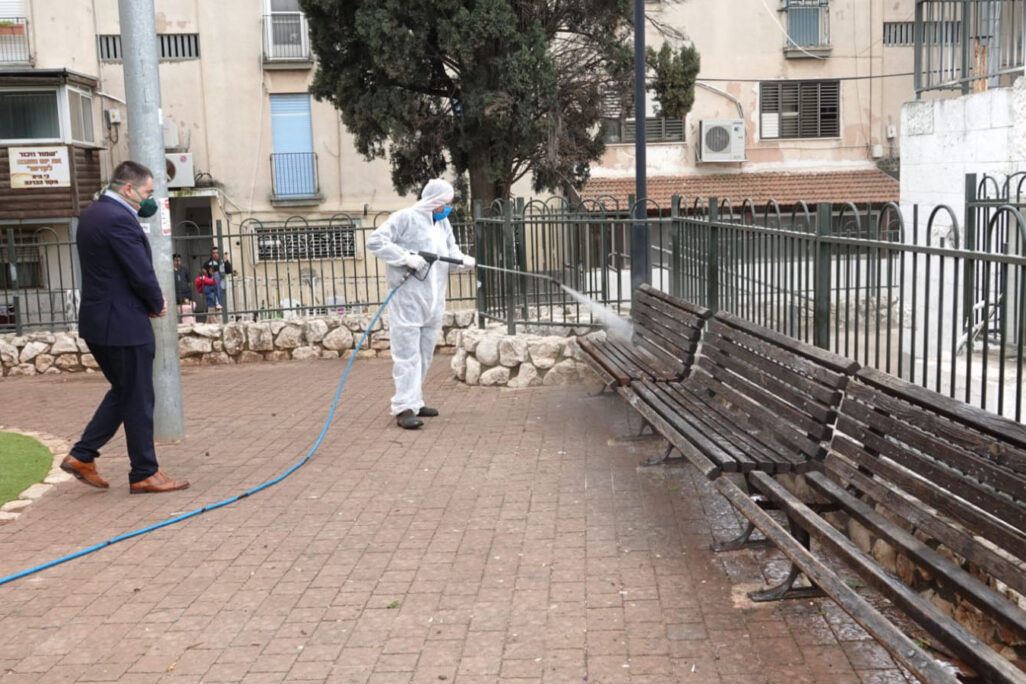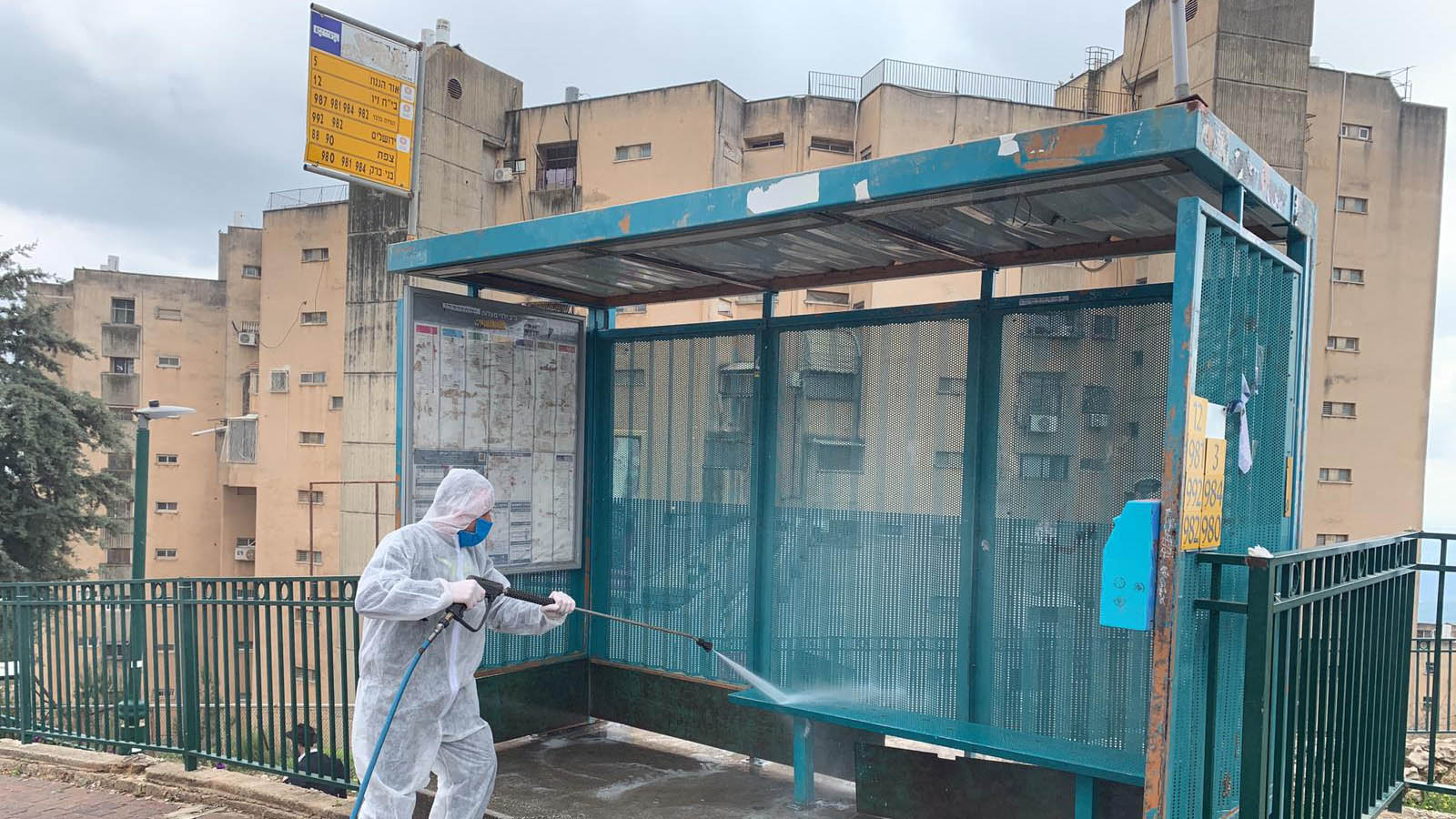
The Histadrut and the Ministry of Finance have signed a collective agreement that regulates the conditions of workers who will be on vacation following the transfer of the public sector to an emergency format. Under the agreement, employees that are not defined as essential will be on leave, at the expense of their vacation days until the end of Passover. Employees who do not currently possess a positive balance of vacation days will be on vacation at the charge of future vacation days. The collective agreement also stipulates that the Histadrut and the employers would set up a joint vacation fund to assist workers who did not accumulate sufficient vacation days, on the principle of mutual guarantee, and per the rules enshrined in a future collective agreement.
The agreement will take effect from today (Sunday), with the government emergency regulations coming into force, and will last for about a month – until April 16, the end of the Passover holiday.

The agreement was signed by Chairman of the Histadrut, Arnon Bar David, together with Haim Bibas Local Chairman of the Federation of Local Authorities and Civil Service Commissioner Prof. Daniel Hershkowitz. The principles of the agreement, agreed on Monday this week, entered into force after the implementation of the state of emergency law on Sunday. The agreement distinguishes between essential workers, determined by a manager, or by a law required to continue his work and an ordinary worker who is not defined as critical and instructed to stay at home.
According to the agreement, workers who are supposed to be absent from paid work during July and August, such as employees in the education system, will be qualified for hire. This stipulation is provided that the number of days does not exceed the number of days the employee was absent from work in the current period. Also, in workplaces where a workplace vacation is customary during the Passover week, the agreement is valid, and no changes will be made, including the billing of the balance of the days off for rest following the vacation arrangement to which they are entitled.
The agreement will apply to the civil service commissioners and government ministries, as well as employees of local government, employees of religious councils, employees of the National Insurance Institute, and the Israel Employment Service, as well as university employees. Other public employers, such as government and municipal companies, may also join the agreement.
The Histadrut may contact employers regarding employees who were put on compulsory unpaid leave for the week before the start of the agreement and request that it applies to them, in whole or in part. However, the agreement will not apply to workers on unpaid leave before this week, as well as to employees on reserve military duty or parenthood leave due to the birth of a child. The parties to the agreement undertook to establish a monitoring committee to monitor its implementation, and the government undertook to promote legislative procedures to implement and solidify the deal, wherever it conflicts with existing legislation.
The emergency agreement was signed following the Ministry of Health restrictions on workplaces last week and the additional government-approved emergency regulations on Friday, requiring a reduction in workplaces to only 30% of the workforce to combat the spread of the COVID19. "Given the exceptional circumstances created, the parties sought to find solutions for employees who were prohibited from going to work and could not continue to work in the normal form of their work," the agreement states.
Bar-David commented on the agreement in a personal letter to members of the Histadrut on Thursday last week. "I decided that we, too, would help 'and get under the stretcher,'" he wrote. According to Bar-David, dealing with the crisis is divided into two parts: "Until after Passover, we know how to maintain the economy with the solutions we have given. If the crisis continues after Passover, we will be in a completely different situation, which we will also be able to deal with. "






